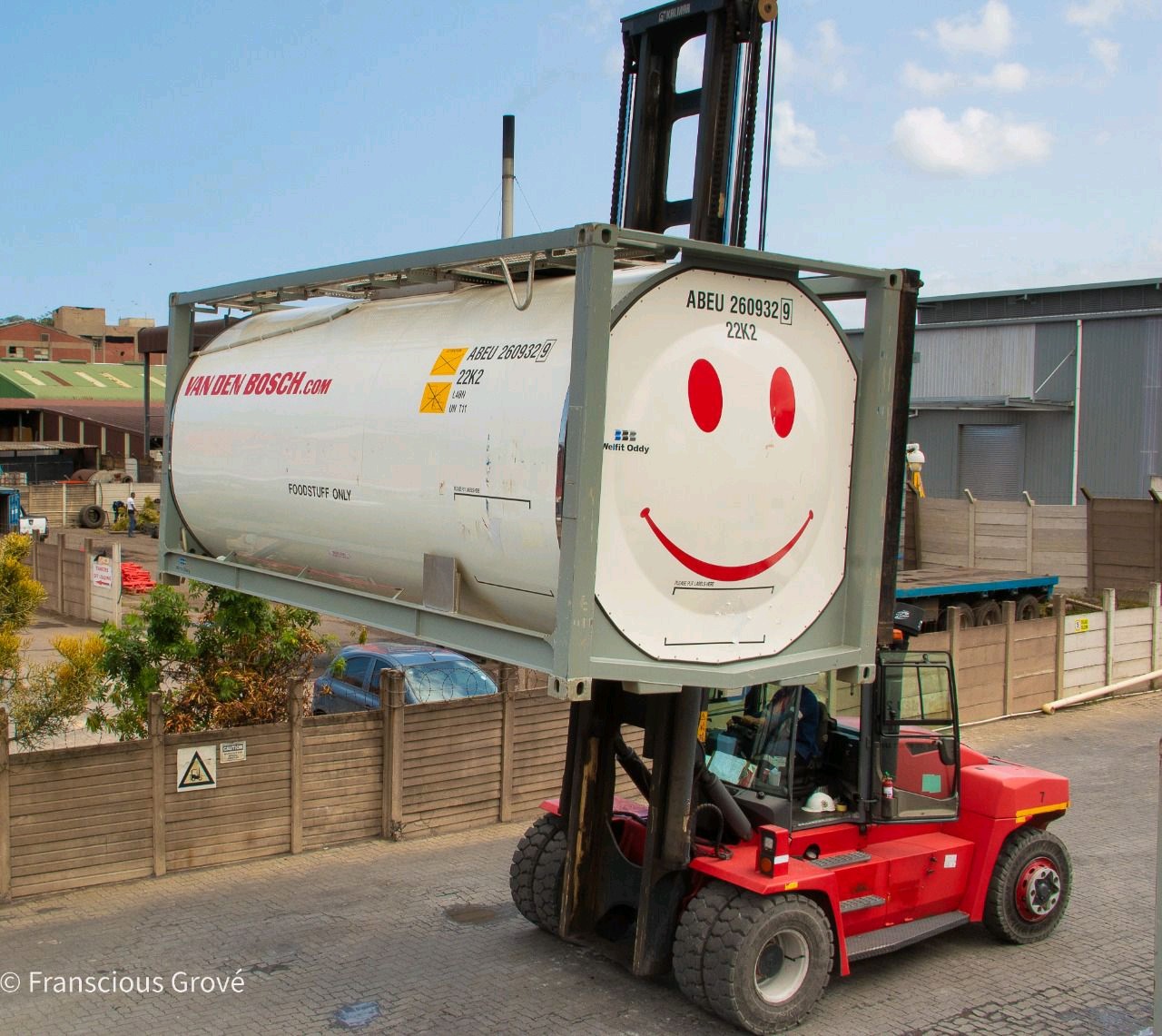Bertschi, which describes itself as the market leader in European intermodal chemical logistics, has long been committed to improving sustainability in its operations. Today, it operated 90 per cent of all its European land transport by intermodal rail, saving some 230,000 tonnes of CO2 emissions per year. Like all operators, though, it faces the issue of how to decarbonise the first- and last-mile legs, which a mostly carried out by road transport.
Bertschi has now found a like-minded partner in Dow to explore how to decarbonise those road transport legs. The two companies have initiative a pilot project for sustainable transport from the Netherlands to Italy, using intermodal rail transport for the main leg and hydrotreated vegetable oil (HVO) as fuel for the trucks at either end. The key advantages of integrating HVO into logistics operations include a notable reduction in CO2 emissions for the first and last mile by up to 90 per cent, a reduced dependency on fossil fuels, and potential enhancements in engine performance, since HVO burns cleaner than fossil diesel.
“We are enthusiastic about the potential of HVO as a sustainable substitute for diesel during our first and last-mile road deliveries,” says Santiago Gonzalez, managing director of Bertschi Liquids. “This pilot programme strongly affirms our dedication to environmentally responsible practices, significantly enhancing the efficiency and sustainability of our logistics operations.”
COMMITTED TO REDUCTIONS
Emphasising substantial CO2 reductions during the last-mile transport, the pilot programme involves a specialised fleet of Bertschi trucks powered by HVO. The project involves the sustainable transport of Dow products from Terneuzen in the Netherlands to a receiver in northern Italy. Biofuel-engine yard shunters first execute the loading in Terneuzen. The main leg to Italy is then carried out by intermodal rail departing from Bertschi’s intermodal terminal in direct proximity to Dow’s plant. The last mile is then completed by a Bertschi biofuel-engine truck from the Italian intermodal terminal.
This initiative showcases the viability and effectiveness of sustainable door-to-door supply chain with the integration of intermodal rail and bio-fuelled trucks. The aim is to comprehensively analyse the emissions reduction and environmental benefits facilitated by HVO compared to traditional diesel, with a dedicated focus on minimising the carbon footprint linked to transport activities.
“We firmly believe in the collective responsibility for sustainability. Initiatives like this pilot programme exemplify our commitment to reducing our carbon footprint and fostering a positive impact on the environment,” says Chloé Sanders, senior sourcing manager at Dow.
As a partner in the Responsible Care Initiative in conjunction with the European Chemical Transport Association (ECTA) and the European Chemical Industry Council (Cefic), Bertschi is pursuing clearly defined and measurable targets to improve resource efficiency, safety and the ecological and social impact of the transport and logistics industry. Improvements are monitored annually by ECTA.
Bertschi was also one of the first logistics service providers to become a member of the ‘Operation Clean Sweep’ programme and has further signed up to the goal of achieving ‘Zero Pellet Loss’. The aim of the programme is to help all organisations which operate with plastic pellets to adopt the correct measures to protect the environment.


